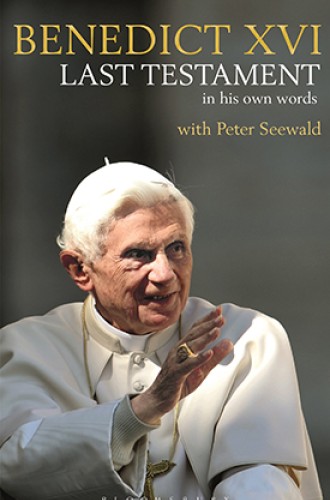Conversations with the other pope
Benedict XVI’s book is both unusual and important. Mostly because it never should have been written.
German journalist Peter Seewald does readers both a favor and a disservice with his generous introduction to this collection of interviews with Pope Benedict XVI. He reminds us of Benedict’s gifts to the Roman Catholic Church, the academy, and the written word. But then he speeds past all the problems. After ten pages of mostly nodding in agreement, thinking it was good to recall what had been good in Benedict’s papacy, I found my pencil digging into the margin of the 11th page, where Seewald concludes, “The historic act of [Benedict’s] resignation has fundamentally changed the office of Peter at the last. He gave it back the spiritual dimension to which it was assigned at the beginning.”
Hold on. It’s important not to miss the real reason this book is both unusual and important: it never should have been written. Prior to Benedict’s resignation, no modern pope had ever resigned from office in the way that an embattled CEO might resign from a corporation, weary of dealing with stockholders and a difficult board of directors. And if a modern pope were to resign, one might hope that he would also cease giving interviews and writing books. The faithful don’t want or need more than one pope doing these things at a time. We had enough of that during the Middle Ages.
Before Benedict, the only pope to resign willingly and freely from the chair of St. Peter was Celestine V, who stepped down in 1294. Celestine was simply unprepared for the job. A hermit in his eighties, he was elected by the College of Cardinals when they couldn’t agree on anyone else. He was a placeholder to some and a puppet to others. No one expected him to do much or to live very long. He spent most of his time in private prayer instead of engaging with his other responsibilities. Eventually he couldn’t take it anymore, and he quit. Celestine thought he would be able to go back to his mountain and his former life. His successor wouldn’t allow that, so Celestine was thrown in prison, never to be heard from again.






